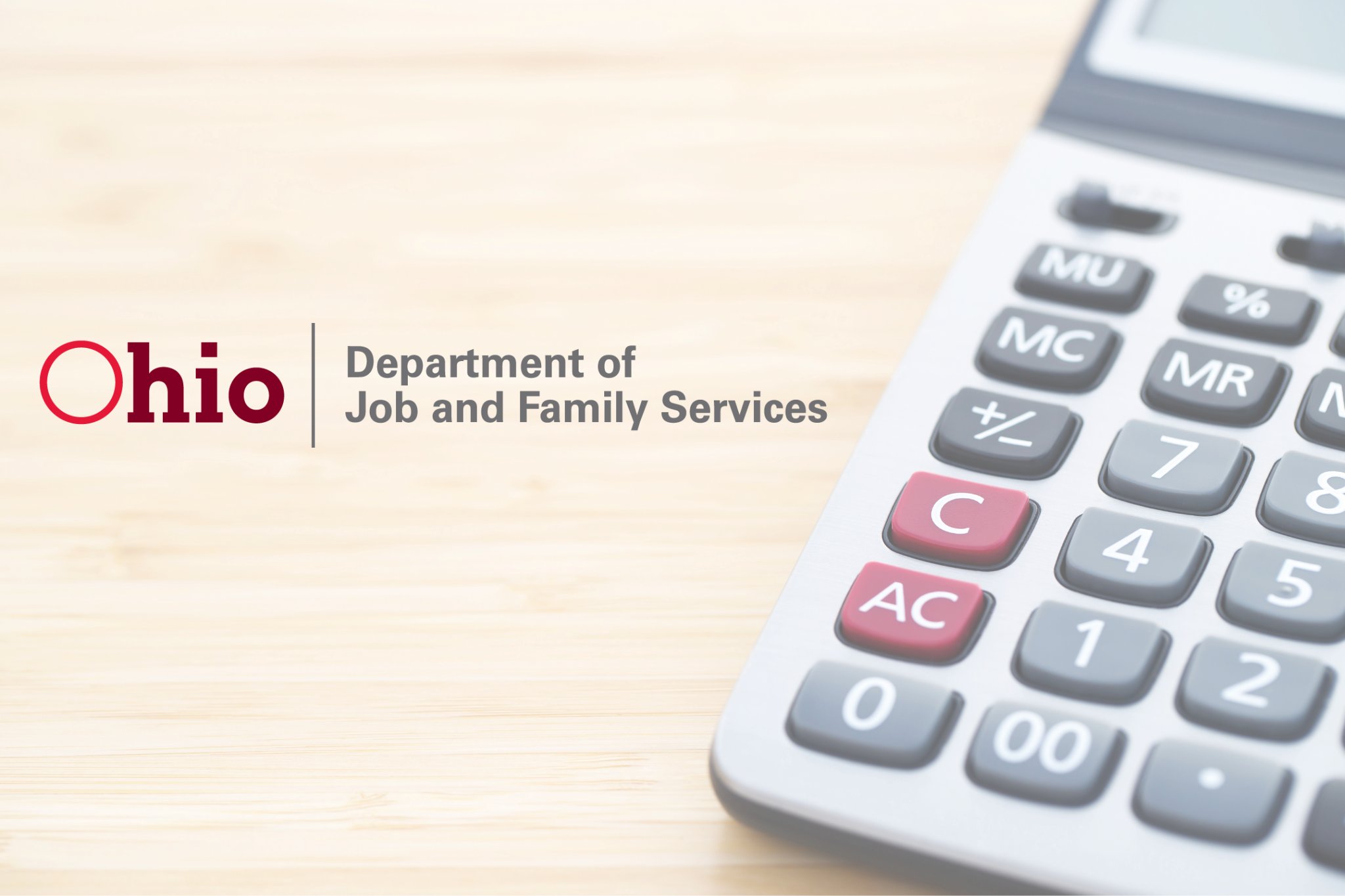
When a couple separates, among the most challenging choices they need to make is the amount of alimony they will pay or get. This is a financial backing payment that is made to assist the partner who has less earnings and needs support in covering their standard requirements. Alimony is figured out based upon a number of elements, and there are various types of alimony that are readily available in New Jersey. Whether you're requesting or getting alimony, it's important to understand what you require to do in order to determine your own amount.
Alimony is determined based upon a number of factors including: the length of the marriage, just how much each spouse contributed towards the marriage, and whether either partner has any dependents. The total quantity of alimony that a court can purchase will be based upon all these aspects and more. There are no set amounts or guidelines when it pertains to determining alimony-- each circumstance is distinct and requires individualized consideration. Nevertheless, utilizing a New Jersey alimony calculator can assist make this process easier.
If you've determined your own quantity and wishes to discuss it with your legal representative or spouse, you need to next seek advice from an attorney about your particular scenario. An attorney can supply you with legal advice about what steps should be taken next depending on your circumstances. After seeking advice from an attorney, you might then decide that it's time to declare Alimony in New Jersey court.
There are many kinds of alimony offered in New Jersey-- whether it's corrective or permanent-- so make certain to speak with an attorney if you're not sure which type would be best for your scenario. Alimony payments usually last for a set amount of time, however there may be circumstances where payments may continue forever depending on the particular case at hand.
When two married people divorce, they might be confronted with the choice of whether to receive alimony. Alimony is a financial support payment that is offered to one spouse after a divorce in order to help them get used to life beyond the marriage. There are a number of various types of alimony, and each has its own benefits and drawbacks. This post will offer a summary of New Jersey's alimony laws and discuss the different factors that courts take into consideration when figuring out an alimony amount. Afterwards, we'll provide resources for determining your own alimony payment using an NJ Alimony Calculator, along with describing some tax ramifications. So kick back and let us guide you through the ins and outs of New Jersey's alimony laws.
Under New Jersey law, there are 4 main kinds of alimony: irreversible, rehabilitative, compensation, and rotating. Long-term alimony is usually provided to a partner who has been financially ravaged by the dissolution of their marriage-- for example, due to substantial income loss or significant credit card debt incurred throughout the marriage. Corrective aliyah is paid to a partner who needs support in going back to full-time employment or getting back on their feet after running out work for an extended period of time. Compensation Alimony is paid in order to compensate a spouse for costs that were incurred throughout the course of their marriage (for example, mortgage payments or real estate tax), while rotating refers to momentary spousal assistance that changes in between spouses every predetermined variety of months/years. Finally, tax implications regarding getting payments from your ex-spouse should be considered prior to applying for divorce in New Jersey-- see our post on Tax Benefits for Divorce for more information o this subject.
There are numerous factors that courts take into account when identifying a proper quantity of alimony payable: Factors such as earnings levels at the time of divorce; length of the marriage; physical separation; age differences; health conditions; educational levels; career paths pursued by partners; financial obligations incurred during marriage; and so on. Courts normally consider these elements together when making a decision as to what type and amount of spousal support will be needed.
As you can see from this introduction, comprehending New Jersey's complex yet detailed alimony laws can be challenging job-- however fortunately there are resources readily available online (like our NJ Alimony Calculator) that make computing your payment basic and uncomplicated. Whether you're seeking short-term financial relief or eagerly anticipating achieving long-term monetary self-reliance following your divorce-- using an NJ Alimony Calculator can.
There are a range of factors that ought to be considered when figuring out an accurate alimony quantity. A NJ alimony calculator can help to make the procedure much easier by offering info on state specific laws and tax implications. This calculator can also help to determine the appropriate type of alimony based upon the circumstances of each case.


Alimony is a common financial support system that is granted to one partner after a divorce or separation. The purpose and significance of a New Jersey alimony calculator can not be overstated, as it can play an important role in assisting to ensure that both parties get fair financial backing. This calculator can also be utilized to assist figure out an accurate assistance amount, which is crucial in order to avoid any possible disagreements down the road.
There are several types of alimony readily available, and it's essential to select the best one for your particular situation. Need based alimony may be appropriate in many cases, while formula based alimony may be better suited in others. It's also crucial to communicate with your partner throughout the procedure so that everyone is on the exact same page and there are no surprises in the future down the line. By utilizing a NJ alimony calculator, you will have everything you require to make informed decisions about your future financial backing responsibilities.
Making use of Income And Other Factors To Calculate Alimony In NJ
If you remain in a relationship where someone is supporting the other, you may be wondering what type of alimony is readily available to you. Alimony is a financial award offered to a partner who has been economically based on the other partner throughout the marriage. There are 3 primary kinds of alimony-- short-term, irreversible, and rehabilitative-- and each type is based on various elements. In this section, we will overview each kind of alimony and talk about how they are computed in New Jersey.
We also want to attend to some common misconceptions about alimony in New Jersey. For instance, many individuals believe that only wealthy couples can get alimony. This isn't necessarily the case-- all couples who are wed in New Jersey are eligible for alimony if needed. Alimony can also be modified in time depending on altered scenarios or requirements of either party included.
Seperate from alimony is the topic of child support. You should use a child support calculator to calculate the amount of child support you or your ex-spouse needs to pay. This amount will be in addition to the amount of alimony owed / paid.


Finally, we have actually created an extensive alimony calculator that will approximate your possible payments in New Jersey based upon your special circumstance. This will help you get a much better idea of what kind of payment structure would be appropriate for you and your partner. If you have any questions about your eligibility for or payment quantity of alimony, do not be reluctant to reach out to our team at Law Office of Lisa Aiello.
If you are contemplating a divorce, it is very important to comprehend your monetary rights and what alimony or support might be readily available to you. If you are married or in a civil union in New Jersey, alimony might be a choice. In order to qualify for alimony, you must meet certain requirements and factors will play into the determination. This short article will describe these requirements and provide info on how New Jersey's alimony laws work.
If you are thinking about applying for divorce or separation, it is necessary to contact a lawyer. A divorce lawyer can assist with the legal process and safeguard your financial rights. They can also advise you on which files to gather and present throughout your case. It is also beneficial to have a lawyer who is experienced in household law matters, as contested versus uncontested divorces can differ significantly depending on the specifics of your case.
It is very important to keep in mind that not all divorces lead to equal monetary results for either spouse or partner. It is essential that you talk to a lawyer who can assist guide you through the different steps involved in filing for divorce or separation. You may likewise wish to consider employing an expert organizer to help collect all of your monetary records prior to making any choices about divorcing or separating from your spouse/partner.

If a parent doesn't pay child support, the custodial parent can seek enforcement through the court system. This may include wage garnishment, seizure of tax refunds, or even imprisonment in extreme cases.
Yes, child support can be modified if there is a significant change in circumstances, such as a change in income or custody arrangement. The process for modifying child support varies by state and may require a court hearing.